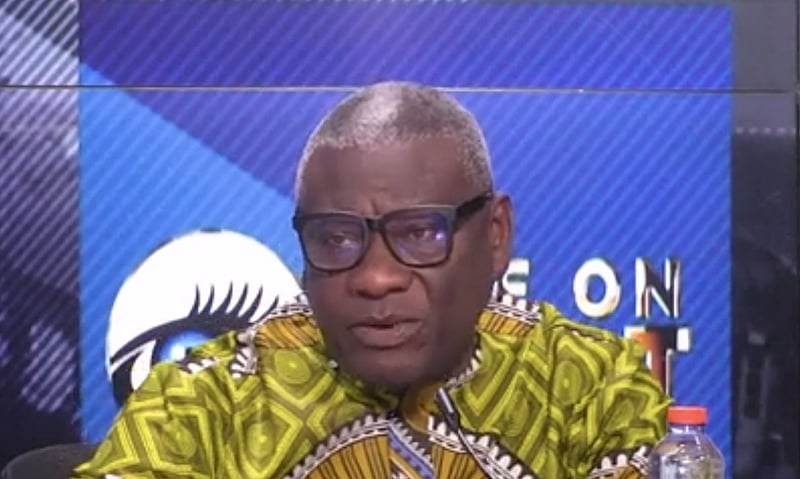Mr Kofi Agbogah, the Director of Hen Mpoano, a non-governmental organisation on coastal and marine ecosystems, has reminded Ghanaians that consuming one pregnant fish is equivalent to eating 50,000 fishes and their future fish.
Mr Agbogah said “One fish can lay up to 50,000 eggs, so if you eat one pregnant fish, it means you have eaten 50,000 plus one fish; so basically, that is what is happening in Ghana”.
At a media forum on sustaining Ghana’s closed fishing season, powered by the Ghana Ports and Harbours Authority (GPHA), he said that to prevent the consumption of such pregnant fish and preserve them for the future, the closed season was introduced after several consultations and scientific considerations.
He explained that during the season when the fish laid their eggs, they become weak and fragile, making it easy for fishermen to catch them.
Mr Agbogah explained that during that season where they were laying their eggs, it is when they became weak and fragile, and “that is when our fishers cash in and call it the bumper season, and they clean everything out of the sea.
He said this was what had been happened over the years as fishers continued to harvest the pregnant fishes, we are eating our future babies.”
He therefore urged fishers to embrace the closed season as a conservation and sustainable measure to replenish the dwindling marine fish stock, as failure to observe these measures, among others, could lead to the crushing of Ghana’s fisheries.
Mr Agbogah advised that just as farmers plant and wait for it to grow before they harvest, fishermen should also be willing to allow the fish to replenish within the one month that the closed season was observed.
“When farmers farm, it takes a while before they get their product. Fishermen go to sea for 11 months and must rest for only one month during the closed season. If they are mindful of that, they can make a lot of savings; everybody works and takes breaks, and the sea also needs that rest to replenish,” he added.
He said authorities, including the President, must ensure that marine conservation became a priority, as the directive policy of Ghana enjoined everybody, including the presidency, to take due care of the environment to safeguard and sustain the environment.
It was unfortunate that the country had not inculcated the habit of saving in fishermen, auguring that unlike farmers who had to wait for months or years before they harvest their produce, fishers were richer, as they fished every day.
He said, “there are other innovative ways to look at the issue of poverty among fishers who are kicking against the closed season. For me, the government spent almost USD 50 million on subsidies in the premix sector. If you divide it by 12, you will get about four million.
If that one-month, fishers are not going to sea, you can easily give this money to those who identify as fishermen, but before you do that, you must do your background on them”.
The Director of Hen Mpoano further stated that “this business of buying rice and oil and sharing it with fishers has always resulted in chaos, and for me it is a procurement issue; some will buy thousands and only a cup gets to the fishers.
Mr Agbogah said the government should listen to their advice, saying before that time came give up because they had lost the fight.
GNA


